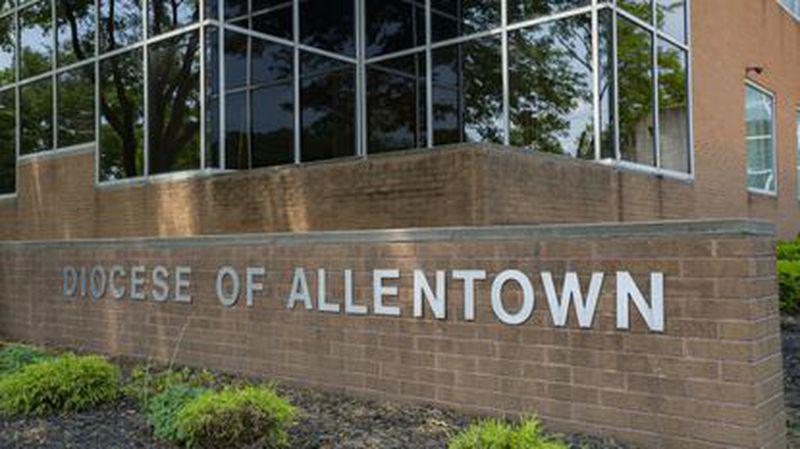|
Allentown Diocese cuts office staff by nearly 25% to pay for sex abuse victims
By Emily Opilo
The Allentown Diocese has cut its office staff by nearly a quarter and enacted a pay freeze to help compensate victims of clergy sexual abuse, officials announced Monday. The cuts, effective last Friday, were centered in the diocesan’s administrative office, where 96 people worked prior to the reductions, according to a news release from diocese spokesman Matt Kerr. Most of the cuts were made through attrition, and a voluntary retirement program was offered, according to the diocese. Kerr would not disclose how many of the 23 affected positions were eliminated via layoffs. A victims compensation fund was created in April in response to a grand jury report released last summer that detailed sexual abuse accusations against 301 priests statewide involving hundreds of children over several decades. The report named 37 priests from the Allentown Diocese, and the diocese added another 15 names to the list. A five-month window to file claims with the fund will close in September. Allentown has set aside millions for the fund, which will not tap future collections from Masses, or school and parish funds, according to the diocese. The fund was expected to be built on available cash, borrowed money and the sale of assets. While no future collections will be used, the diocese’s existing assets were accumulated via donations — the church’s only source of revenue — and investments of that money made by the diocese, Kerr said Monday. Diocese officials would not specify in April how much money was available in the fund, but said it would provide a public report on the number of victims and the total amount paid at the conclusion of the program. The number of claims filed so far, which has not been disclosed, was not a factor when making the staffing reductions, Kerr said. Diocese officials said Monday cash reserves are no longer available to cover budget deficits. “When the Independent Reconciliation and Compensation Program was announced, the Diocese said funding it would place diocesan operations under severe financial stress,” the diocese said in the news release. “Therefore, cost reductions were necessary to enable charitable and pastoral programs to continue.” The diocese, with 150 active and retired priests, serves about 260,000 Catholics in 89 parishes across Berks, Carbon, Lehigh, Northampton and Schuylkill counties. The diocese restructured some departments as part of the staffing changes. The pay freeze affected both employees as well as clergy in administrative roles, according to the news release. Some employees were given less than one week’s notice, according to sources with direct knowledge who did not want to be identified for fear of repercussions. The compensation fund, known as the Allentown Diocese Independent Reconciliation and Compensation Program, is administered by attorney Kenneth Feinberg and his business manager, Camille Biros, in Washington. The program will also be operated by an independent oversight committee chaired by retired federal Judge Edward N. Cahn and including Lisa B. Garbacik, executive director of human resources and Title IX coordinator at Cedar Crest College, and former Northampton County state Rep. Richard Grucela. Feinberg and Biros will be responsible for evaluating each claim and determining how much each victim will receive. Those who make claims are not required to accept the compensation offer. Victims suing the diocese can seek a settlement via the compensation program, but would be required to drop their lawsuits to accept the settlement. Fund administrators will consider medical and psychological documentation from victims as well as their age when the abuse began, the nature of the abuse, the impact on the victim’s life and whether drugs, alcohol or pornography were provided to the victim. Before the grand jury revelations, the Catholic Church in the U.S. was already grappling with the financial implications of declining ranks. Attendance fell from 45% between 2005 and 2008 to 39% from 2014 to 2017, according to Gallup. In 1955, attendance was 75%. Contact: eopilo@mcall.com
|
.
Any original material on these pages is copyright © BishopAccountability.org 2004. Reproduce freely with attribution.
